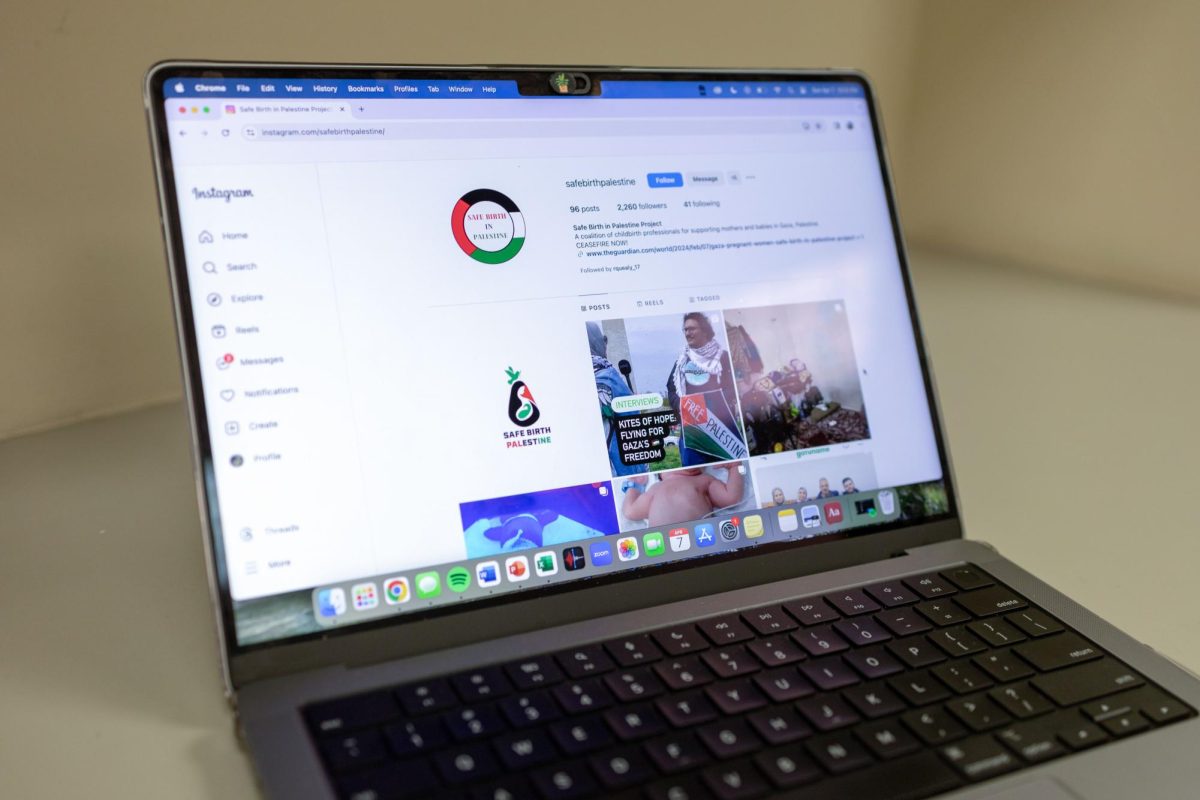Two cybersecurity professors received a scholarship grant from the Department of Defence for the 2021-2022 academic year to provide students the opportunity to work for the DOD against the growing threats of information security.
The Department of Defence Cyber Scholarship Program grant was awarded to Rachelle Heller, a research professor of engineering, and Costis Toregas, the director of GW’s Cyber Security and Privacy Research Institute, which promotes research on computer security and privacy. The grant covers tuition, book costs and a stipend ranging from $25,000 to $30,000 for a degree in a cyber-related field, according to the University’s grant page.
Heller, the principal investigator of the CyberCorps Scholarship program, said federal government agencies like the National Security Agency, will employ students for every year they participate in the scholarship program.
“We’re thrilled to be part of this program that provides wonderful scholarship opportunities for our students and at the same time provides highly skilled cybersecurity experts to the U.S. government to help deter cybersecurity threats and preserve our nation’s security,” Heller said in an email.
Alice Smitley, the DOD cyber scholarship program director, said students eligible for the grant must be U.S. citizens, maintain a GPA above 3.2 and declare a major in a scientific, technical or managerial discipline. She said accepted students who participate in the program can work in any cyber mission within the DOD during a summer internship or the year following their graduation.
“The objectives of the DoD Cyber Scholarship Program (DoD CySp) are to promote higher education in all disciplines of cybersecurity and enhance the Department’s ability to recruit and retain cyber and IT specialists,” Smitley said in an email.
Smitley said the National Security Agency administered the grant, which the DoD funds. She said once students graduate, they go to work for a number of offices and agencies within the DOD, like NSA.
“Students can be placed in a variety of positions supporting the cyber mission of the selecting DoD Agency/Component,” Smitley said. “Upon graduation, students can be placed in any cyber mission within DoD, which includes-but is not limited to NSA.”
The CySp scholarships are part of the University’s CyberCorps Scholarship program in the Cyber Security and Privacy Research Institute, which falls under the School of Engineering and Applied Science.
Costis Toregas, the director of CSPRI, declined multiple requests for comment.
The University selects applicants to send to the DOD, which then accepts and assigns students based on the department’s needs. Smitley said the school receives the money only after a student is selected for the scholarship.
She said students on the scholarship will also receive travel support to attend a cyber conference of their choice.
Smitley said students may participate in the program for up to five years as both undergraduate and graduate students.
Students who have received this scholarship have gone on to work for public sector employers like the Central Intelligence Agency and National Aeronautics and Space Administration, as well as private institutions like the Massachusetts Institute of Technology.
Smitley said scholarship students will help DOD increase its personnel with cybersecurity expertise.
“The DoD Cyber Scholarship Program increases the number of military and civilian personnel in the DoD with cybersecurity expertise, and ultimately, enhances the nation’s cyber posture,” Smitley said.







